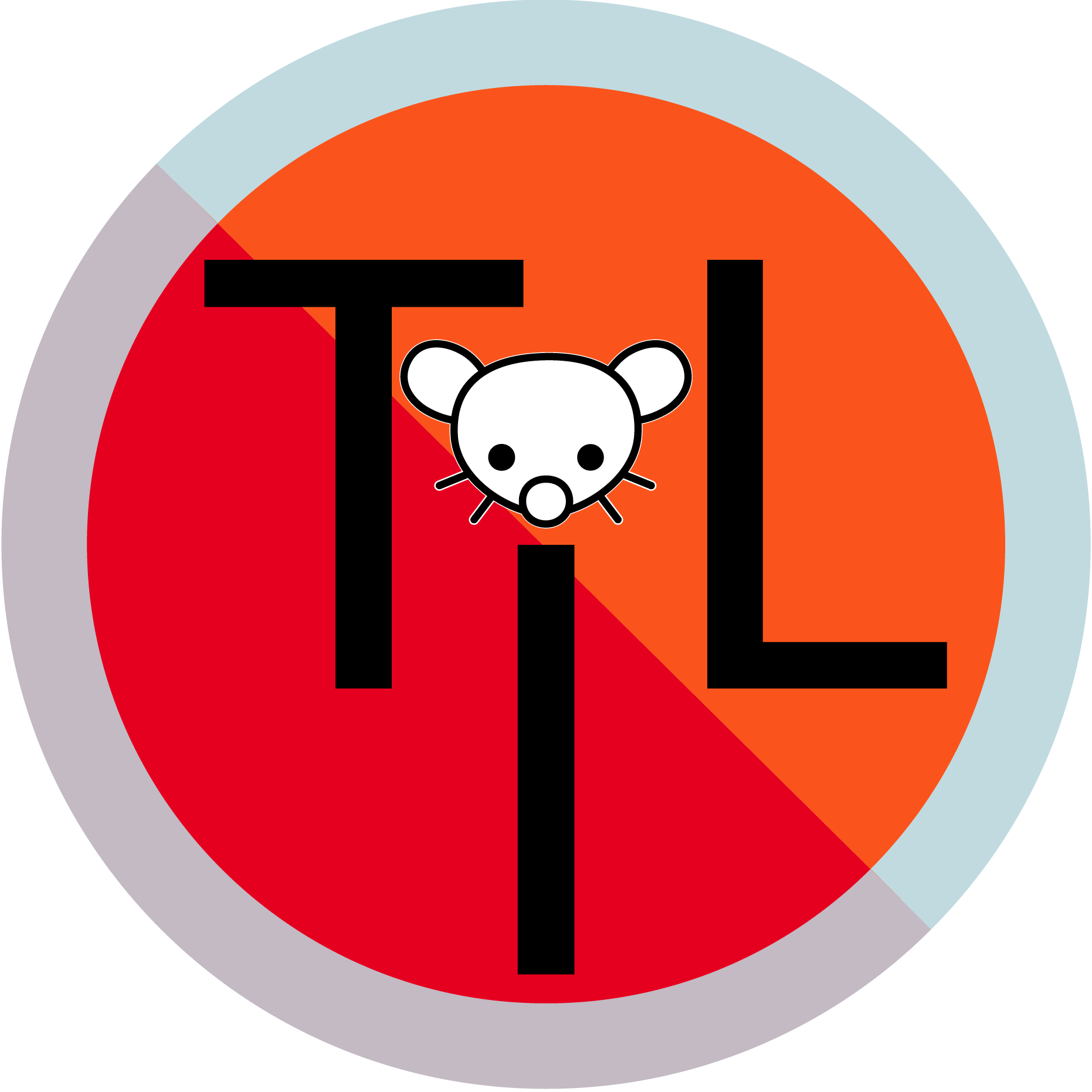

I mean… DX 9, 10, and 11 were all released prior to Nadella being CEO/chairman.
But in software, it’s very commonplace for library versions not to be backwards compatible without recompiling the software. This isn’t the same thing as being able to open a word doc last saved on a floppy disk in 1997 on Word 365 2024 version, this is about loading executable code. Even core libraries in Linux (like OpenSSL and ncurses) respect this same schema, and more strongly than MS.
Using OpenSSL as an example, RHEL 7 provides an interface to OpenSSL 1.0. But 1.1 is not available in the core OS, you’d have to install it separately. 1.1 was introduced to the core in RHEL 8, with a compatibility library on a separate package to support 1.0 packages that hadn’t been recompiled against 1.1 yet. In RHEL 9, the same was true of OpenSSL 3 - a compatibility library for 1.1, and 1.0 support fully dropped from core. So no matter which version you use, you still have to install the right library package. That library package will then also have to work on your version of libc - which is often reasonably wide, but it has it limits just the same.
Edit because I forgot a sentence in the last paragraph - like DirectX, VC++, and OpenGL, you have to match the version of ncurses, OpenSSL, etc exactly to the major (and often the minor) version or else the executable won’t load up and will generate a linking error. Even if you did mangle the binary code to link it, you’d still end up with data corruption or crashes because the library versions are too different to operate.



Thanks! I learned something new today, and that makes today a good day. I’ll strike out a few relevant parts of my answer when I get a minute to open the beast.